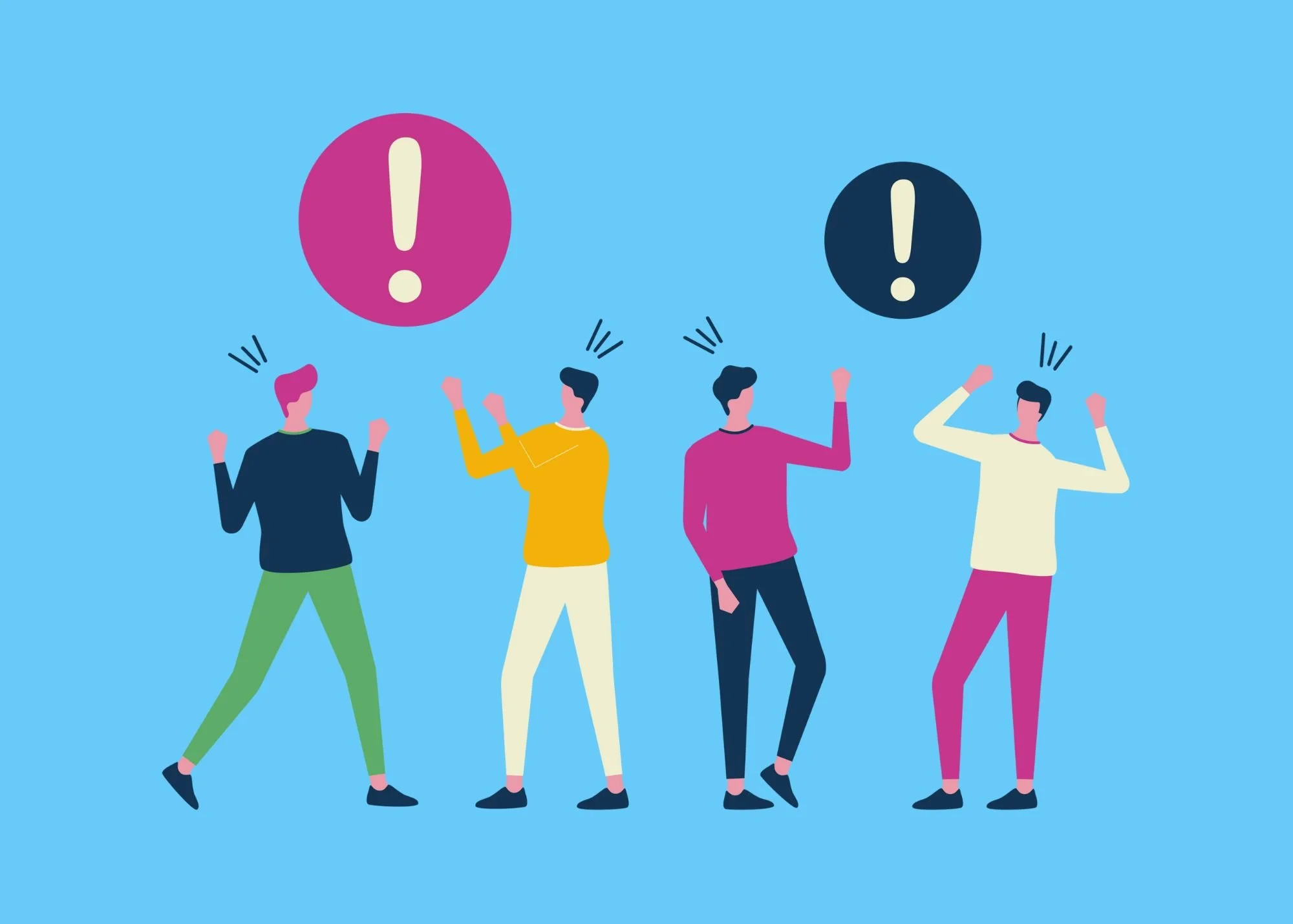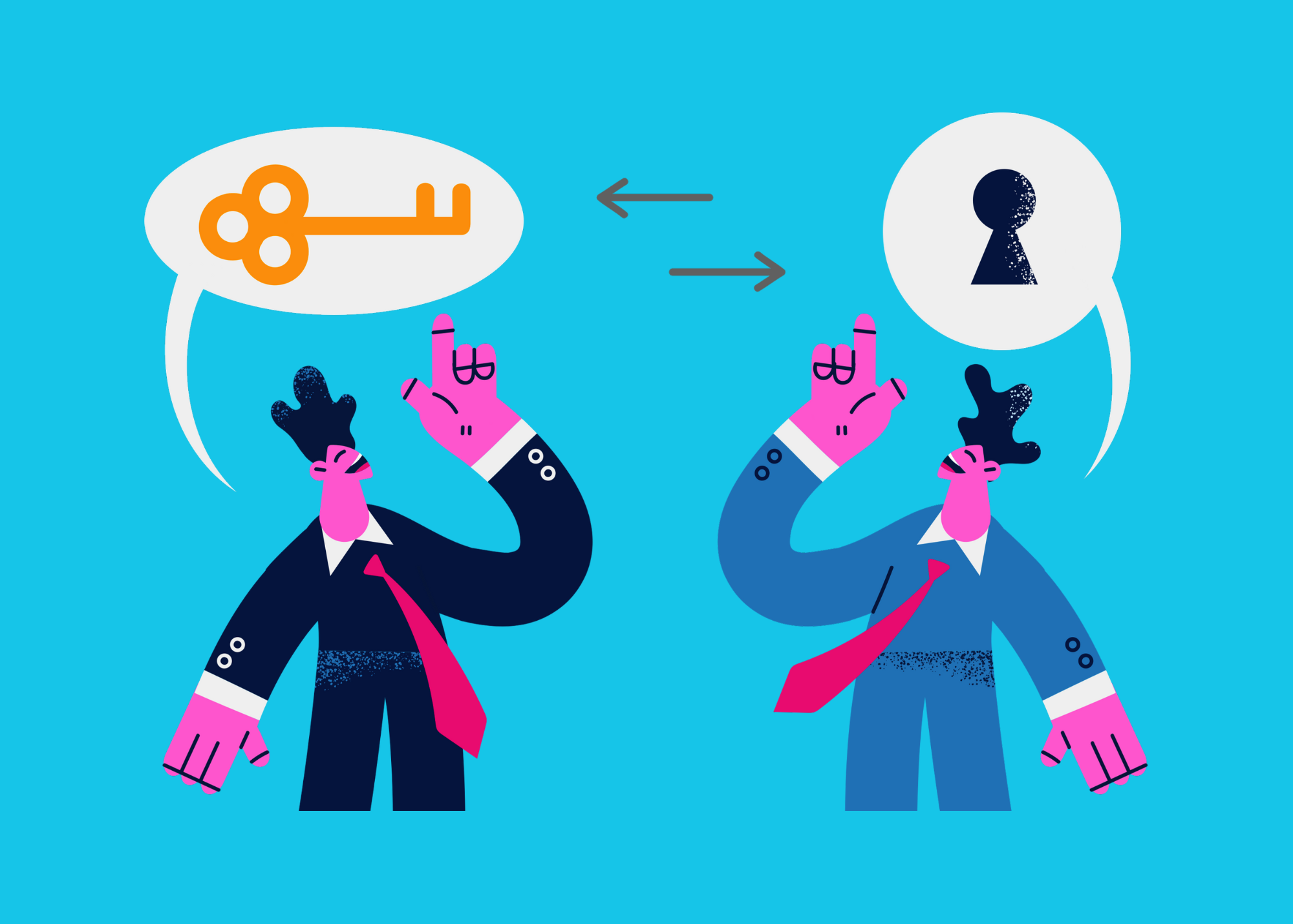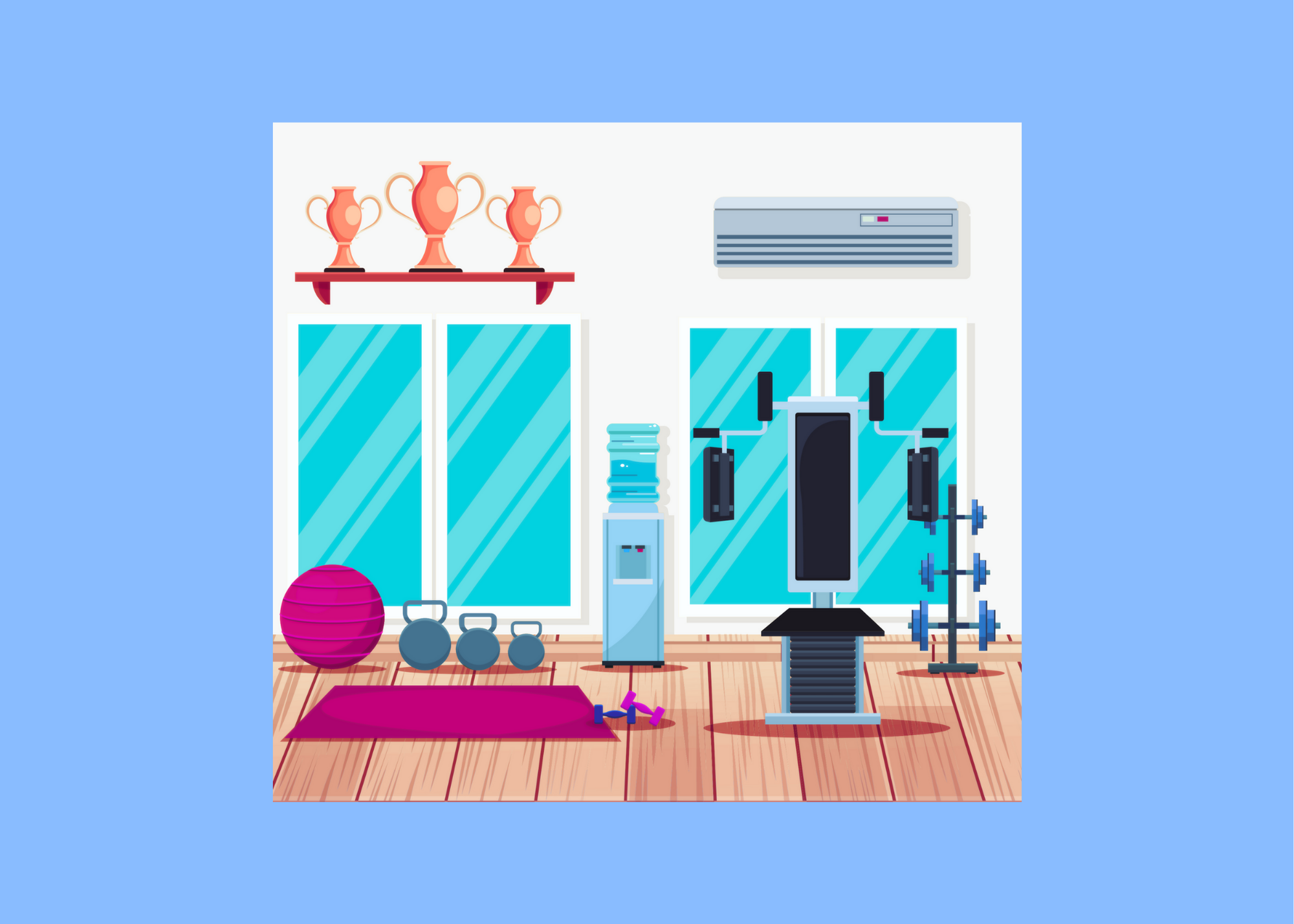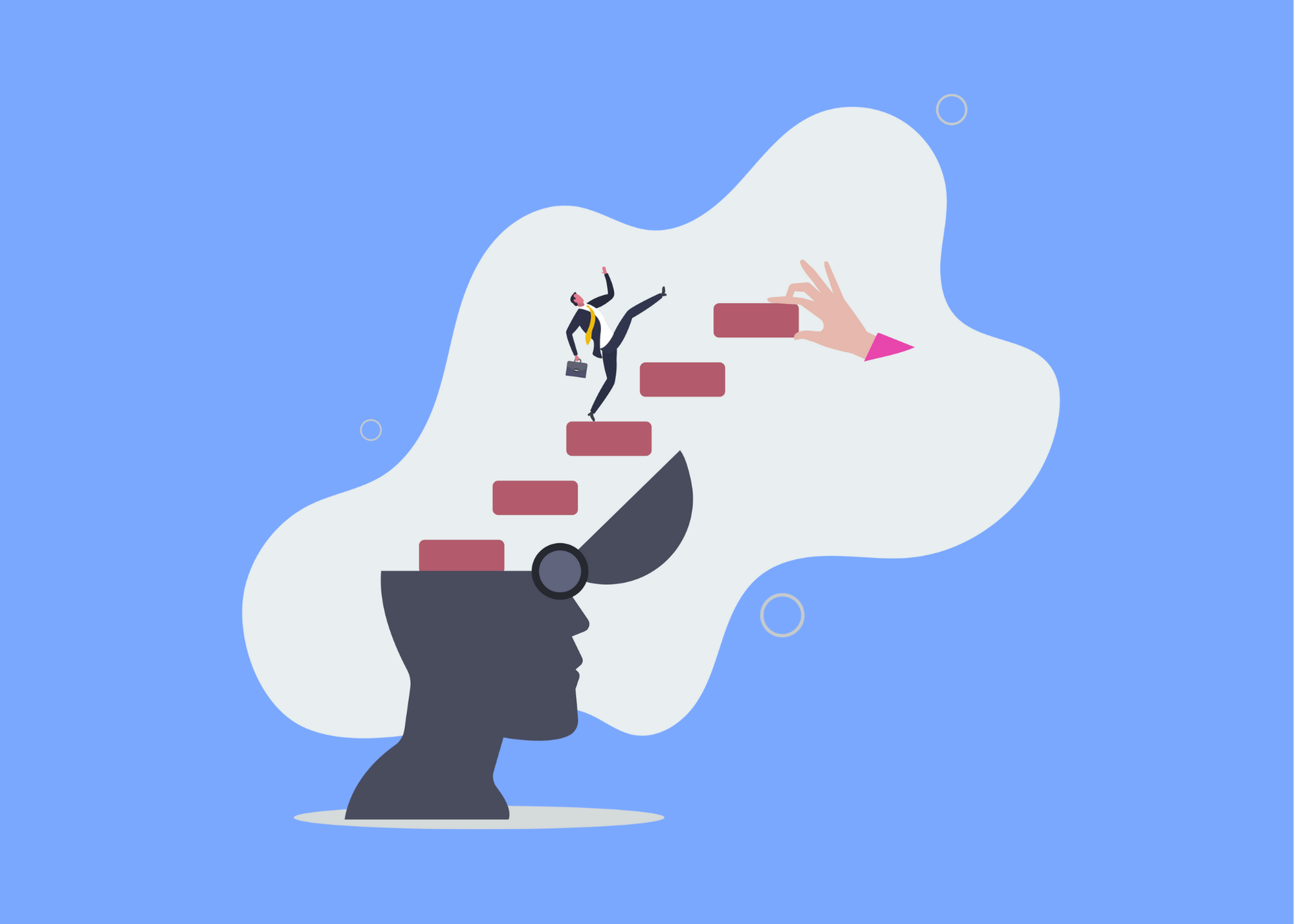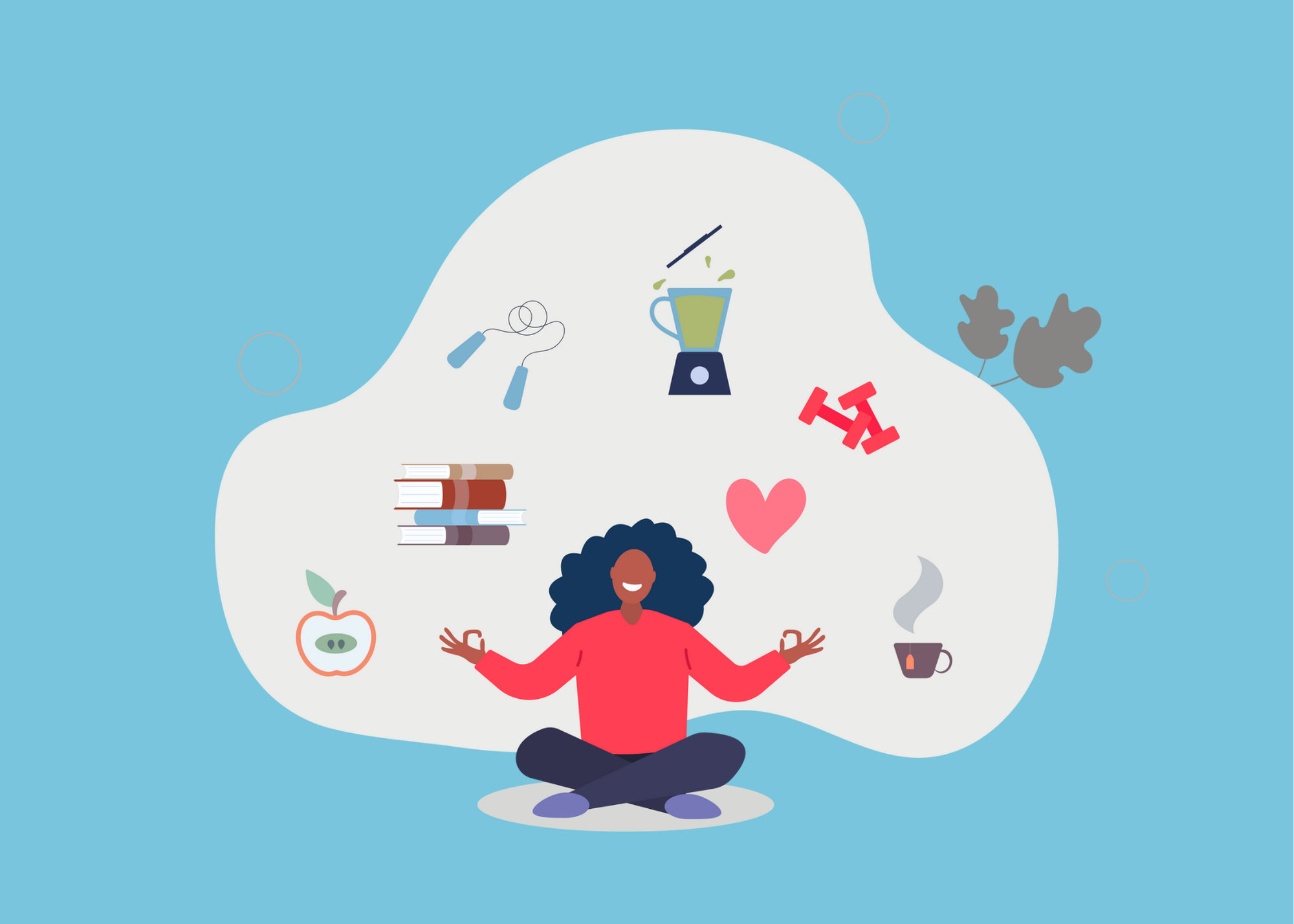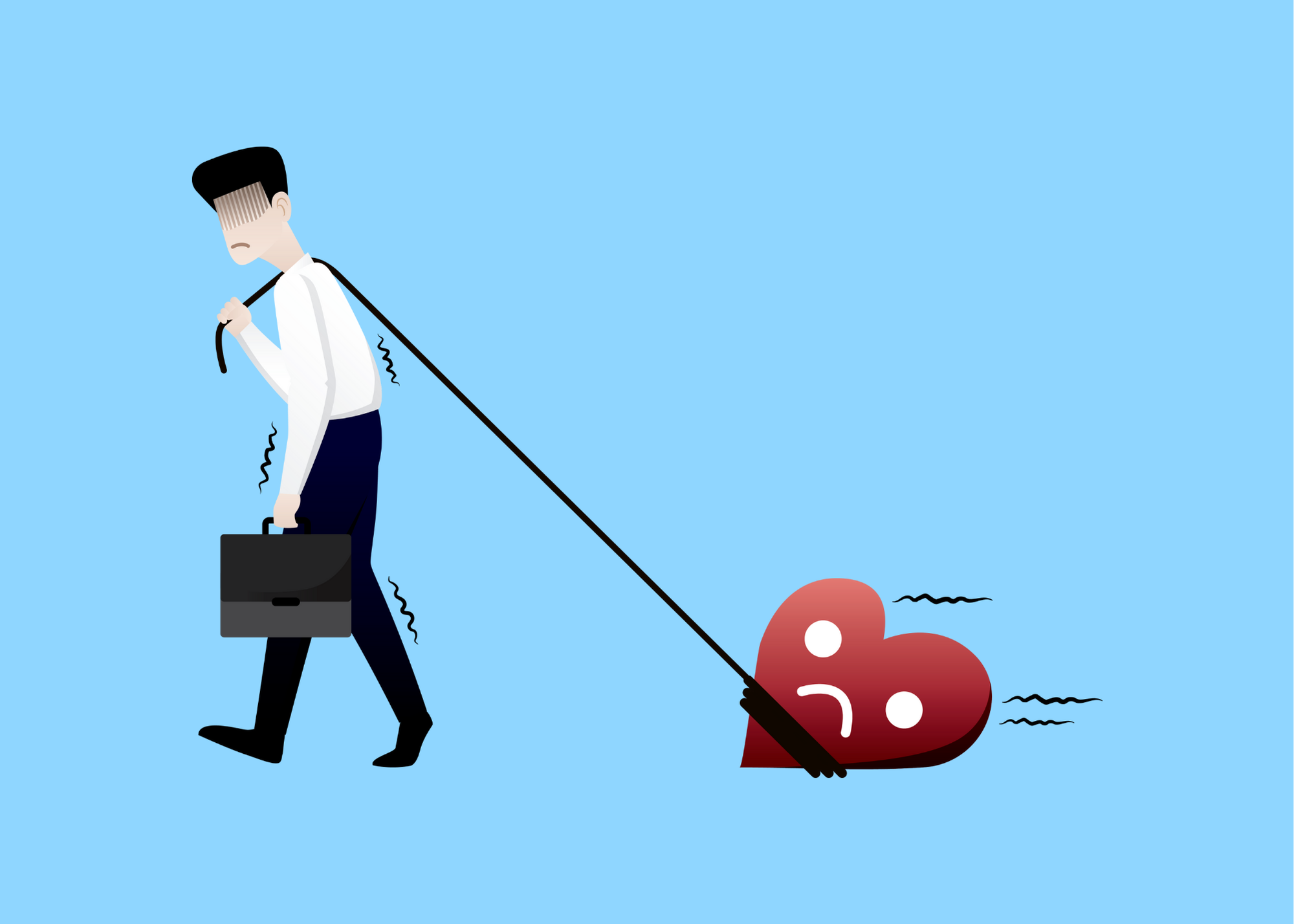Adrenal Fatigue: The Myth That Won’t Go Away (And Why It’s More Likely Stress Related Exhaustion)
Adrenal fatigue. It sounds legit, right? Chronic exhaustion, brain fog, salt cravings—surely, your adrenal glands must be gasping for air. But here’s the challenge: while adrenal fatigue isn’t an official medical diagnosis, it’s often used to describe a set of symptoms that don’t always have a clear explanation. Many people dealing with relentless fatigue, mood swings, and brain fog are looking for answers—and “adrenal fatigue” has become a popular label for what they’re experiencing.
That doesn’t mean your exhaustion isn’t real. It is. But pinning it on adrenal fatigue may not be the answer. Instead, let’s dig into what’s actually going on, separate fact from fiction, and—most importantly—figure out what you can do to stop feeling like you’ve been run over by a freight train.
What Is Adrenal Fatigue (And Why Is It So Popular)?
The concept of adrenal fatigue suggests that chronic stress wears out your adrenal glands, leading to low cortisol levels and a cascade of symptoms: fatigue, brain fog, mood swings, sugar cravings, and more. The theory makes intuitive sense—stress does impact your body—but there’s one problem: research doesn’t support the idea that adrenal glands "burn out" like an overworked employee.
However, the symptoms people associate with adrenal fatigue are real. Chronic stress does take a toll, and the body’s stress response system can become dysregulated. What’s likely happening isn’t adrenal failure, but rather a broader issue with how the brain and body handle prolonged stress. This includes:
Dysregulated Stress Response – Your body is stuck in fight-or-flight mode, pumping out stress hormones at all the wrong times.
HPA Axis Dysfunction – Your brain and adrenal glands may not be communicating efficiently, leading to imbalanced cortisol patterns—not necessarily low cortisol, but irregular spikes and dips.
Sleep Deprivation & Poor Recovery – Stress wrecks sleep. Poor sleep leads to more stress. It’s a vicious cycle.
Micronutrient Deficiencies – Magnesium, B vitamins, and vitamin D play major roles in energy and stress regulation. Deficiencies are common in busy professionals.
Metabolic Dysfunction – Blood sugar imbalances, gut health issues, and inflammation can mimic "adrenal fatigue" symptoms.
In short: your symptoms are real, but the cause isn’t failing adrenal glands—it’s a system-wide issue rooted in stress, lifestyle, and recovery.
Symptoms: The Real Culprits Behind Your Exhaustion
If you’ve been told you have adrenal fatigue, you might recognize these symptoms:
Chronic fatigue (even after sleep)
Brain fog and difficulty concentrating
Mood swings, irritability, or anxiety
Salt and sugar cravings
Low blood pressure and dizziness
Slow recovery from workouts
Sleep disturbances
These aren’t caused by "adrenal burnout"—but they are classic signs of chronic stress overload and nervous system dysregulation. And the fix? It’s not about pumping yourself full of supplements or pseudo-hormonal treatments. It’s about restoring balance.
The Real Fix: How to Recover from Chronic Stress & Burnout
Let’s skip the fluff. Here’s what actually works:
1. Fix Your Sleep (Seriously, Fix It)
If you’re sleeping less than 7 hours a night (or waking up exhausted), your body is in a constant state of stress. Prioritize sleep like it’s your job:
Set a non-negotiable bedtime (yes, even if Netflix is calling).
No screens 60 minutes before bed—blue light wrecks melatonin.
Magnesium glycinate & tart cherry juice can help promote deeper sleep.
2. Balance Blood Sugar Like a Pro
Sugar crashes feel a lot like adrenal fatigue. Keep blood sugar steady by:
Eating protein at every meal (especially breakfast—ditch the bagel, grab eggs).
Choosing slow-digesting carbs (sweet potatoes > donuts, always).
Limiting caffeine after noon—it spikes cortisol and wrecks blood sugar balance.
3. Train Smart (Not Like a Lunatic)
Burned out? Stop doing high-intensity workouts every day. Chronic stress and overtraining go hand in hand. Instead:
Strength train 3–4x per week.
Walk daily (bonus: fresh air boosts mood and recovery).
Add restorative movement (yoga, mobility work, or even just stretching).
4. Regulate Stress & Nervous System Function
Your body isn’t broken—it’s overwhelmed. Train it to calm down:
Daily breathwork or meditation (10 minutes can rewire your stress response).
Cold exposure (cold showers or ice baths force your body to adapt to stress).
Social connection (isolation = more stress, even for introverts).
5. Address Micronutrient Deficiencies
You can’t out-supplement a bad lifestyle, but certain nutrients help:
Magnesium (for stress resilience and sleep—most people are deficient).
B vitamins (especially B6 and B12 for energy and brain function).
Electrolytes (low blood pressure and salt cravings? More sodium, potassium, and magnesium can help).
6. Get a Reality Check on Work & Life Load
If your schedule makes you want to cry, no amount of meditation will fix that. Audit your commitments and cut what isn’t serving you.
Set real boundaries (saying "no" is a skill, not a personality trait).
Take real breaks (a 10-minute walk > scrolling LinkedIn for "inspiration").
Get support (therapy, coaching, or even just a mentor can help).
Final Thoughts
Your body isn’t broken, and your adrenal glands aren’t failing you. But chronic stress, overwork, and poor recovery? That’s what’s really draining your energy.
Instead of chasing an unproven diagnosis, focus on what works: better sleep, smart nutrition, balanced training, nervous system regulation, and setting boundaries.
You don’t need fancy supplements or hormone therapy. You need real recovery. And that starts today.
Article References
The sources cited in the article:
Endocrine Society. "Adrenal Fatigue." Endocrine Society - Adrenal Fatigue
WebMD. “Adrenal Fatigue: Is It Real? Myths, Symptoms, Disorder, Teeatment.” WebMD - Adrenal Fatigue: Is It Real?
Verywell Mind (VM). “Is Adrenal Fatigue Real? Here’s What Medical Experts Have to Say.” VM - Is Adrenal Fatigue Real?
Forbes. “Harnessing AI’s Creative Potential to Solve the Productivity Paradox.” Forbes - AI Creativity to Solve Productivity Paradox

